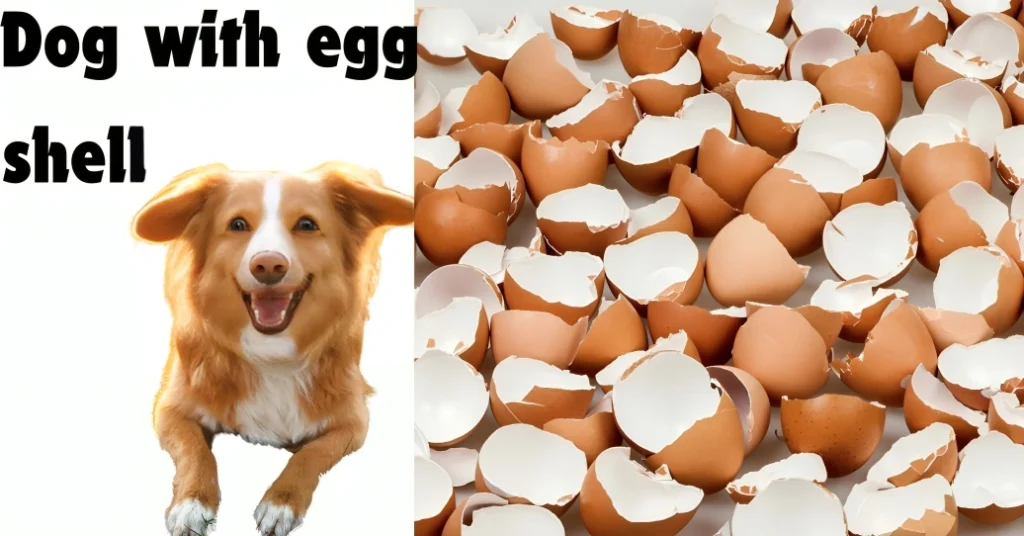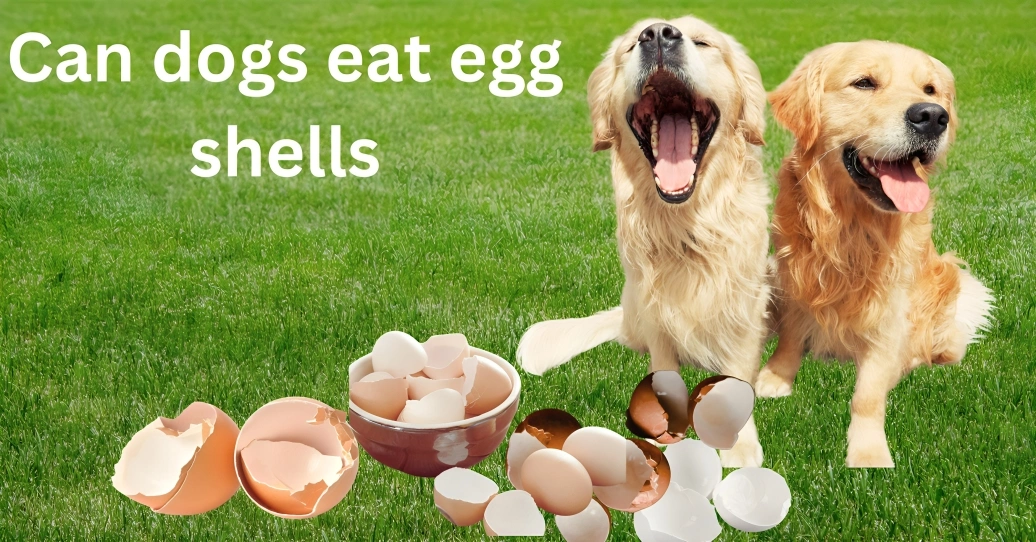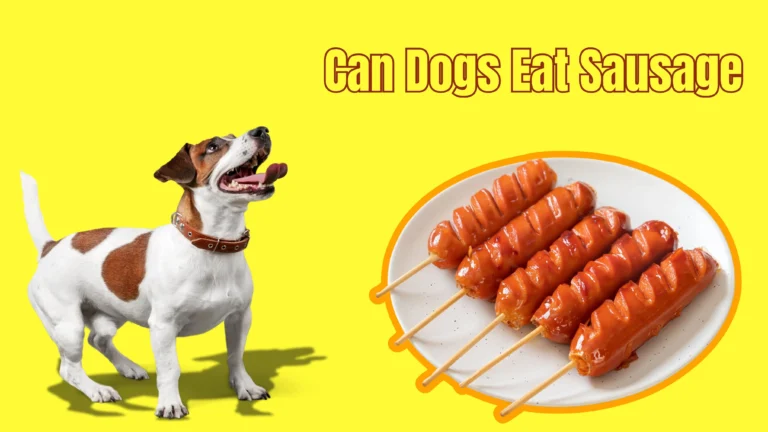Can Dogs Eat Egg Shells?
Eggs are an excellent source of protein, essential amino acids, vitamins, and minerals, making them a nutritious addition to both human and canine diets. Can Dogs Eat Egg Shells? I have heard everyone asking if can dogs eat eggshells.
Dogs, much like their human companions, are often drawn to the appealing aroma of food, and eggs can be a healthy treat for them. They are not only readily available and easy to prepare but also serve as a complete food source. Can Dogs Eat Egg Shells? However, when it comes to including eggshells in a dog’s diet, caution is necessary.
Eggshells, while potentially beneficial due to their calcium content, can pose risks for dogs with specific health conditions. Dogs with high calcium levels or those who have experienced calcium oxalate bladder stones should avoid eggshells, as they could exacerbate these issues.
Additionally, eggshells may present risks to pregnant dogs and puppies, and improperly cleaned shells could expose dogs to salmonella. According to the American Kennel Club, there are safer alternatives for calcium supplementation, and the jagged edges of eggshells could pose choking hazards or damage to a dog’s internal organs.

How To Feed Eggs To Your Dog?
When incorporating eggs into your dog’s diet, ensure they are cooked plain—either boiled or scrambled without any added ingredients like oil, butter, or salt. Eggs can be a nutritious treat, providing essential protein and energy for maintaining lean muscle.
For optimal safety and digestibility, hard-boil the eggs and chop them into smaller pieces before serving. Cooked eggs should be served immediately or refrigerated at 40°F if not consumed right away.
It’s important to control portion sizes to prevent dietary imbalances or weight gain. One egg per day is generally sufficient for a balanced diet, but if your dog is overweight, consider using only egg whites to lower calorie intake.
Each large egg white contains 17 calories and 3.6 grams of protein, while the yolk contains 55 calories and 2.6 grams of protein. If you have concerns about portion sizes or dietary adjustments, consult your veterinarian to ensure you’re meeting your dog’s nutritional needs appropriately.
Are Eggs Good For Dogs?
Eggs are a nutritious addition to a dog’s diet, offering a rich source of protein, fatty acids, and essential vitamins like B2, B12, and A. These nutrients support overall health and contribute to a shiny coat and healthy skin. However, the quality of the eggs matters; sourcing eggs from free-range, organic-fed chickens ensures that your dog receives the highest nutritional value.
Always consult with your veterinarian before introducing eggs into your dog’s diet, as some medical conditions may warrant caution. Overfeeding eggs can also lead to issues like obesity, so it’s important to determine the right amount with your vet.
Eggshells can also be beneficial for dogs, providing a natural calcium source that supports bone health. Nonetheless, proper preparation is crucial to eliminate potential contaminants and ensure the eggshells are safe.
Consulting with a veterinarian about the benefits and risks of feeding eggshells can help you make informed decisions about incorporating them into your dog’s diet.

How to Safely Feed Your Dog Eggs?
When introducing eggs into your dog’s diet, it’s crucial to take certain precautions to ensure their safety and health. Eggs must always be fully cooked, whether scrambled, hard-boiled, or served sunny side up, and prepared without any oils, butter, salt, or seasonings.
Adding eggs occasionally to your dog’s meals can offer variety and additional nutrients. However, it’s best to start with just one egg and observe your dog for any signs of digestive discomfort, such as vomiting or diarrhea, before making it a regular addition.
Eggshells can also be an excellent source of calcium for your dog but should be properly prepared. Since dogs cannot digest whole eggshells, they must be ground into a fine powder and mixed with food to ensure proper absorption.
Additionally, it is important to clean and cook the eggshells before feeding to reduce the risk of salmonella contamination. By following these steps, you can safely supplement your dog’s diet with both eggs and eggshells while ensuring their well-being.







